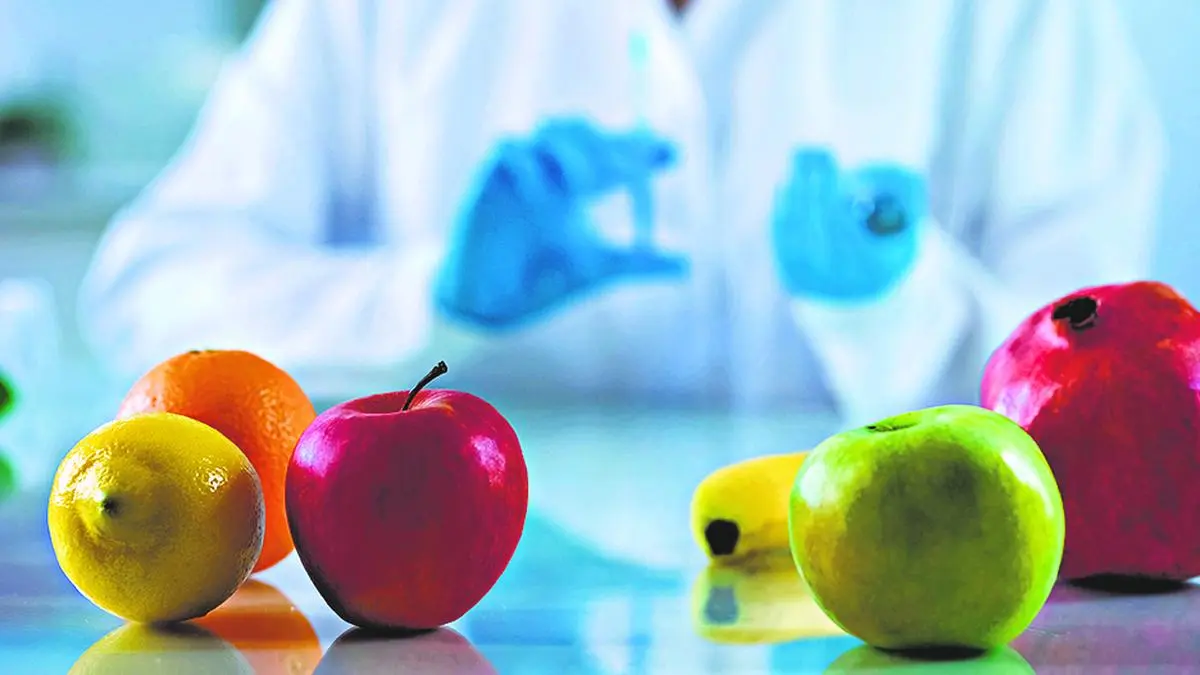HinduBusinessLine
1d
378

Image Credit: HinduBusinessLine
Unlocking the potential of biologicals requires policy certainty
- India's Green Revolution improved food security but led to challenges like soil degradation and reliance on few crop varieties. With population expected to exceed 1.6 billion by 2030, Indian agriculture needs to evolve sustainably.
- Biologicals, derived from natural organisms, offer a sustainable way to enhance crop growth, resilience, and nutrient efficiency, reducing chemical usage pressure and supporting biodiversity.
- Research institutions and collaborations are focusing on developing robust biological solutions, but regulatory hurdles in India hinder industry progress and create uncertainties for stakeholders.
- Ambiguity in the regulatory landscape poses operational and financial challenges for industry players, impacting the availability and sale of biostimulant products after a certain date.
- Industry stakeholders have urged the government to extend provisional approval periods and simplify approval processes to ensure timely access to innovative inputs for farmers.
- Globally, the biologicals market is projected to grow significantly, presenting an opportunity for India to align with national priorities by promoting sustainable agriculture practices.
- However, without a streamlined regulatory framework providing clarity and consistency, the potential of biological solutions may not be fully realized, hindering agricultural development.
- Biologicals can play a transformative role in agriculture by complementing chemical usage, improving environmental outcomes, and meeting consumer demand for residue-free produce.
- With science, innovation, and supportive policies, India can lead in scaling nature-powered solutions for food security and climate resilience, unlocking the potential of biologicals.
- The time is ripe for India to leverage biologicals for sustainable agriculture, but a conducive policy environment is crucial to maximize the benefits of these innovative solutions.
Read Full Article
22 Likes
For uninterrupted reading, download the app